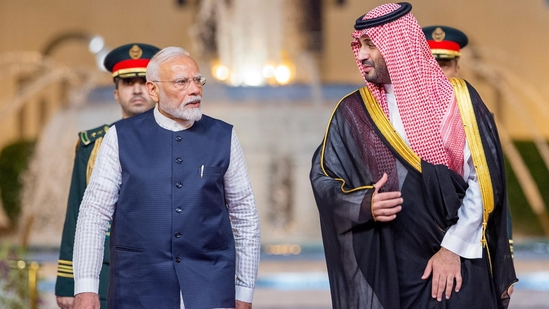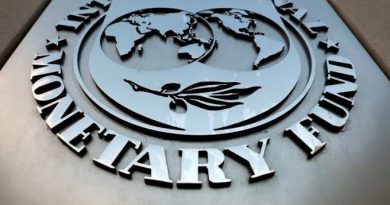Game Changer: India Grants Saudi PIF More Flexibility in Equity Markets
New Delhi — India has agreed to exempt the Saudi sovereign wealth fund from key foreign portfolio investment (FPI) restrictions, according to two sources familiar with the development.
The decision aims to facilitate greater capital flows into India by allowing Saudi Arabia’s Public Investment Fund (PIF) and its affiliated entities to invest more flexibly in Indian equities. Current Indian regulations cap total investment from sovereign-related entities at 10% in a single company—regardless of whether investments come from separate arms of the same fund.
“This restriction has previously limited the PIF’s ability to channel capital into India’s high-growth sectors,” said one of the sources, who requested anonymity due to the sensitivity of the matter.
The exemption, which comes after Indian Prime Minister Narendra Modi’s high-profile visit to the Gulf nation in April, is seen as a strategic step to unlock Saudi capital. The two nations have been working to strengthen cooperation in critical sectors such as energy, infrastructure, and pharmaceuticals. During the visit, both sides reaffirmed their commitment to finalizing a bilateral investment treaty (BIT) and enhancing cross-border economic engagement.
Saudi Arabia’s PIF—one of the world’s largest sovereign wealth funds with assets estimated at $925 billion—currently holds $1.5 billion in India’s Jio Platforms and $1.3 billion in Reliance Retail. Analysts believe the exemption will pave the way for broader and deeper investments across India’s fast-growing sectors.
India, the third-largest oil importer globally, has been actively courting long-term capital from Gulf states to fund its infrastructure push. Simultaneously, Saudi Arabia has been seeking strategic investment opportunities in emerging markets as part of its ambitious Vision 2030 diversification strategy.
To this end, the two countries formed a high-level task force in 2024 to accelerate Riyadh’s plan to invest $100 billion in India. Progress on key issues such as taxation has been lauded by both governments as a breakthrough.
“The progress made by this Task Force in areas such as taxation was also a major breakthrough for greater cooperation in the future,” a joint statement issued in April said.
Recent media reports suggest India is also considering tax relief measures for the PIF to further incentivize investment in infrastructure and energy projects.
As global capital increasingly seeks secure and high-return markets, the India-Saudi relationship appears poised to become a cornerstone of Gulf-Asia financial cooperation.



